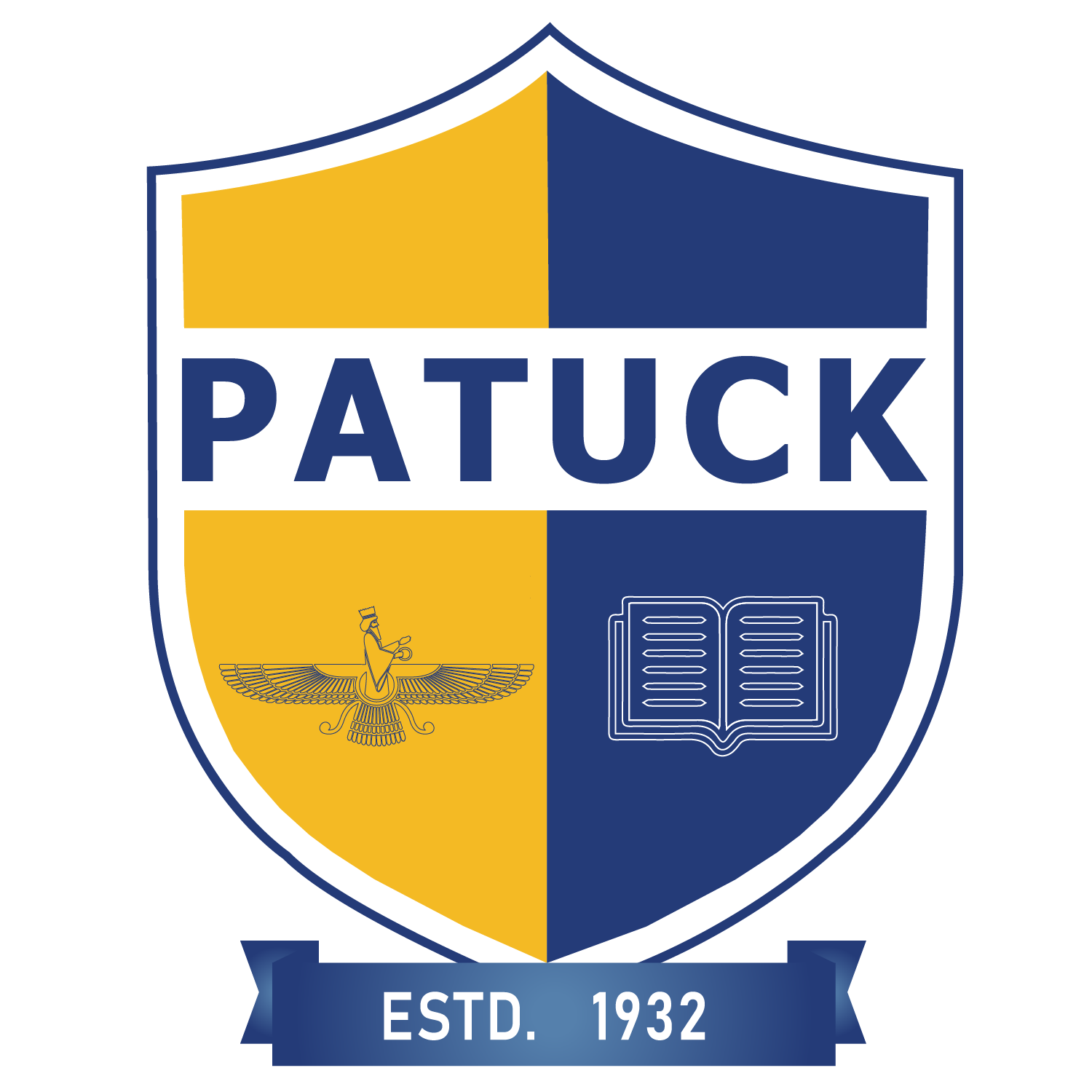Why project-based learning has become an essential part of learning?
October 29, 2024

In today’s rapidly evolving world, the traditional model of education, which focuses on rote learning and standardized testing, is being replaced by more dynamic, engaging approaches. One is project-based learning (PBL), an innovative teaching method that encourages students to actively explore real-world problems and challenges while working on long-term projects. This shift is not merely a trend, it reflects the changing needs of students and the workforce, making PBL an essential part of modern education.
Top 6 Reasons Why Project-Based Learning Has Become An Essential Part Of Learning
1. Developing Critical Thinking and Problem-Solving Skills
Project-based learning goes beyond memorizing facts and figures. It places students in scenarios where they have to identify problems, research solutions, and implement strategies. In PBL, learners face challenges that mimic real-life situations, requiring them to use critical thinking, creativity, and problem-solving. For instance, rather than reading about environmental conservation, students might work on a project that involves assessing the environmental impact of local policies and offering tangible solutions. These experiences cultivate a growth mindset where students learn to think critically and apply knowledge in a meaningful context.
2. Fostering Collaboration and Communication
Collaboration is an integral part of project-based learning. Unlike traditional assignments where students work individually, PBL projects often involve teamwork, allowing students to collaborate with their peers. This collaborative effort helps them develop communication and interpersonal skills, which are essential in today’s job market. By working in teams, students learn to listen, negotiate, and resolve conflicts, enhancing their ability to work effectively in diverse environments.
Additionally, project-based learning emphasizes communication through presentations, written reports, and group discussions. These activities not only enhance student’s confidence but also sharpen their ability to clearly express ideas skills that are crucial in both academic and professional environments. As highlighted in “The Silent Killer: How Poor Communication Skills Undermine Good Initiatives,” strong communication is essential for success, and PBL ensures students are well-prepared to avoid this pitfall, enabling them to present their ideas effectively.
3. Encouraging Self-Directed Learning and Responsibility
PBL encourages students to take control of their learning journey. Instead of relying on a teacher to dictate every step, students in project-based learning environments are given the autonomy to explore topics, make decisions, and manage their time effectively. This sense of ownership fosters self-discipline and accountability, as students must set goals, meet deadlines, and reflect on their learning processes.
By taking responsibility for their projects, students also learn to prioritize tasks, stay organized, and work independently. These are crucial life skills that prepare them for future challenges, both in higher education and in their careers.
4. Connecting Learning to the Real World
One of the most compelling aspects of project-based learning is its ability to connect academic knowledge with real-world applications. Traditional learning often feels abstract, and students question the relevance of what they are taught. In contrast, PBL allows students to see the direct impact of their learning on the world around them.
For instance, a science project on renewable energy might involve students researching sustainable practices in their community, offering real-world solutions that could be implemented. This approach not only makes learning more engaging but also shows students the relevance of their education in solving global challenges.
5. Preparing Students for the Future Job Market
In the 21st century, employers are seeking candidates who possess more than just academic knowledge. They are looking for individuals who can think critically, solve problems creatively, collaborate effectively, and adapt to new challenges. Project-based learning aligns perfectly with these demands by providing students with opportunities to develop these skills.
PBL also reflects the interdisciplinary nature of modern work environments, where problems are rarely confined to a single subject area. A project on sustainable urban development, for example, might require students to draw on knowledge from science, economics, and social studies. This kind of holistic, cross-curricular learning mirrors the complexity of real-world problems and prepares students to tackle them effectively.
6. Engaging and Motivating Learners
Finally, project-based learning is a highly engaging approach that motivates students by giving them a sense of purpose in their education. By working on projects that matter to them personally or have real-world implications, students are more likely to be invested in their learning. This engagement leads to deeper understanding, better retention of knowledge, and increased motivation to continue learning.
PBL taps into student’s natural curiosity, allowing them to explore topics of interest and pursue their passions while learning valuable academic skills. This intrinsic motivation makes learning enjoyable and meaningful, which can help reduce burnout and disinterest in education.
How Patuck College Encourages Project-Based Learning?
Project-based learning (PBL) has become an essential part of modern education and at Patuck Degree College, it is central to empowering students with critical thinking, collaboration, self-directed learning, and real-world problem-solving skills. As workforce and societal demands evolve, PBL equips students with the adaptability and mindset needed to excel in a complex, ever-changing world. More than just a teaching method, Patuck’s focus on project-based learning represents a forward-thinking shift toward preparing students not just for exams, but for lifelong success.
You May Also Like…
Why Start Building Your Personal Brand as a Student in April?
Personal branding is really just about figuring out what makes you —and learning how to share that with the world in a way that feels true to who you are. People have always cared about how others see them, but now, with social media and the internet, your voice can reach a lot more people.
Digital Detox or Skill Upgrade? Finding the Right Balance During Summer Break
Tired of scrolling endlessly, only to realize half your vacation’s already gone? Or feeling that FOMO because everyone’s “learning something new” this summer?
Not Just a Degree: Why the Right College Culture Matters Too
When students choose a college, they often focus on academic rankings, faculty credentials, and placement records. While these are important, another factor that plays a crucial role in shaping a student’s future: is college culture.



